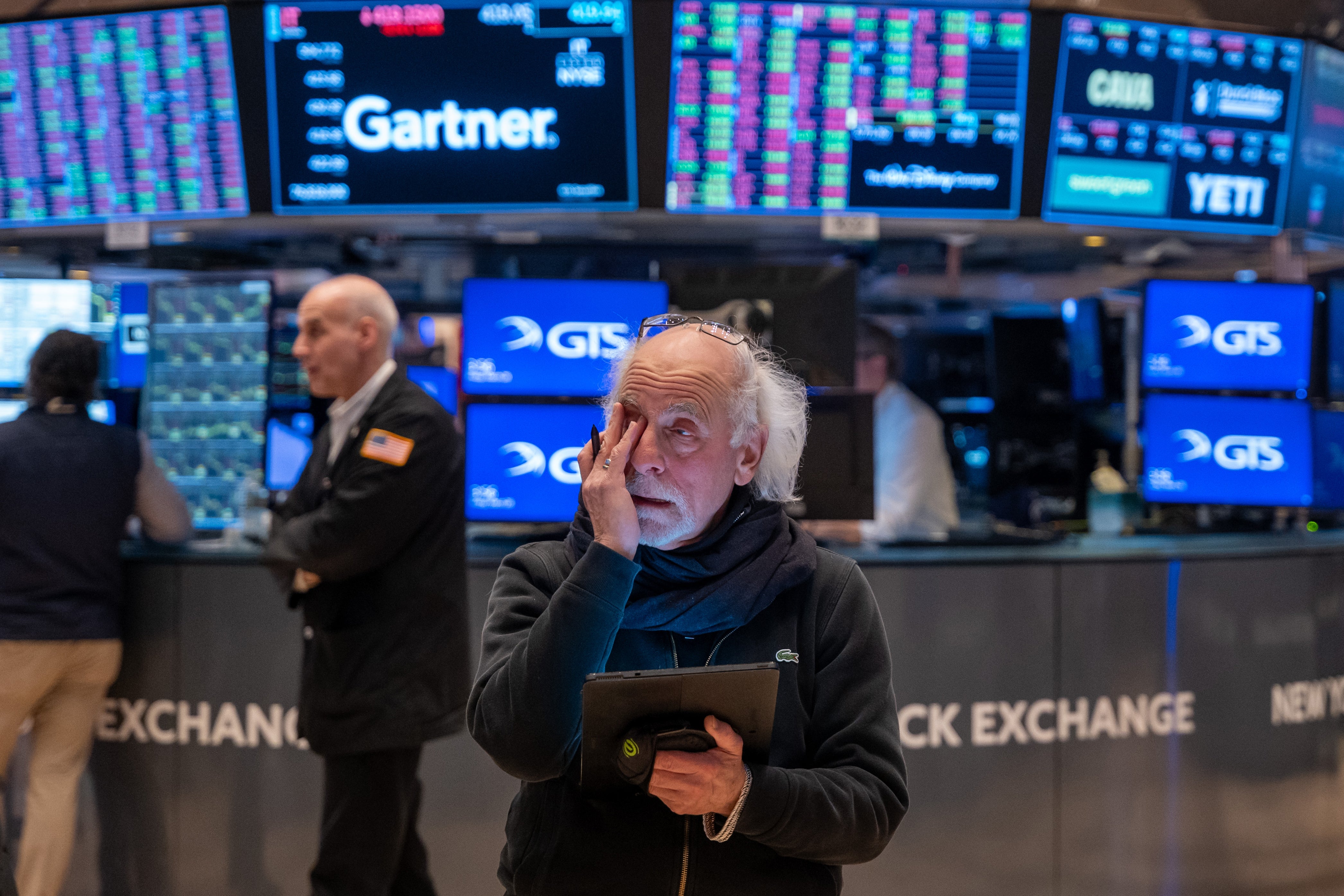ARTICLE AD BOX
Inflation cooled slightly in the last 12 months through April but fears over the impact of President Donald Trump’s global trade tariffs remain.
Consumer prices have risen 2.3 percent in April compared with a year earlier, according to the Department of Labor. April’s consumer-price index report is the first to capture the aftermath of Trump’s ‘Liberation Day’ tariff announcements on April 2, causing the stock market to plummet.
On a monthly basis, prices rose modestly, increasing 0.2 percent from March to April after falling 0.1 percent the previous month.
The report suggests the tariffs haven’t yet impacted the prices of many items. Clothing costs fell 0.2 percent from March to April, while new car prices were unchanged. Furniture costs jumped 1.5 percent, however.
The president has long argued that his global tariffs will boost American manufacturing and increase U.S. jobs. “In the end it’s going to be a beautiful thing,” Trump said last month.

But economists have warned that it is the American people who will suffer higher prices.
Duties on many goods from Mexico and Canada took effect in February and may have impacted prices last month. Economists are viewing this month’s report as a way of “testing the waters.”
“Firms have indicated ... that they are unsure how much of the tariff cost increase they can pass through to consumers without denting demand, and we expect some testing of the waters and a staggered pattern of price increases,” Laura Rosner-Warburton, cofounder of Macro Policy Perspectives, wrote in a note to clients.
It comes as the U.S. and China agreed Monday to call a temporary truce to the trade war. The U.S. agreed to slash the tariff on Chinese imports to 30 percent from its current 145 percent and China, in return, agreed that it would lower its levies on American goods to 10 percent from 125 percent.

Both nations would suspend their respective tariffs for 90 days as negotiations continue. But even taking that agreement into account, U.S. average import taxes remain at 90-year highs, economists said, which could worsen inflation in the coming months.
Consumer prices cooled noticeably in February and March, prompting Trump to claim repeatedly on social media that there is “NO INFLATION.” Inflation has fallen to nearly the 2 percent target set by the Federal Reserve, the agency charged with fighting higher prices.
Inflation fell for the first time in nearly five years the previous month.
AP contributed









 English (US) ·
English (US) ·